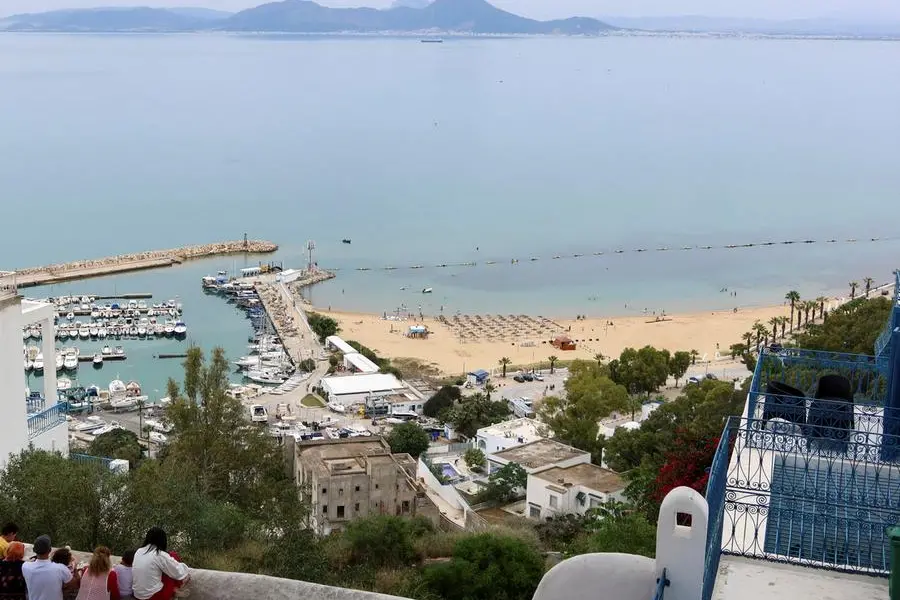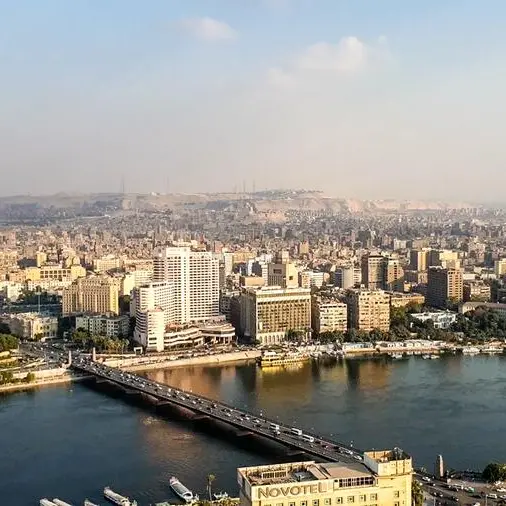PHOTO
Tunisia - Tunisian tourism has faced successive crises, particularly after the coronavirus pandemic, which have affected its performance and competitiveness.
This has prompted the Ministry of Tourism to develop a new strategy to open up promising markets and diversify Tunisia's offer, according to the Minister of Tourism and Handicrafts, Mohamed Moez Belhassine, in an interview with the TAP news agency.
The Ministry of Tourism is preparing to set up a "Higher Tourism Council" as a coordination mechanism with other ministries involved in the sector. Similarly, a "Tourism Code" will unify the legal framework and stimulate tourism investment.
In addition, a Tourism Satellite Account (TSA) will be launched to assess the real contribution of the tourism sector to the national economy. A new system for reviewing hotel classifications is also underway, with the aim of improving service quality by the end of 2023.
Q: You mentioned that 5.4 million tourists will have visited Tunisia by 10 August 2023, boosting tourism revenues. What is your assessment of the situation?
A: Actual tourism revenues are twice the reported figure, which requires a new statistical system for the tourism sector to accurately assess its economic contribution. The recorded tourism revenue, estimated at TND 3.8 billion by the end of July 2023, does not truly reflect the sector's actual contribution to the national economy. This figure does not include spending on medical care for tourists, cruises, handicraft purchases, shopping and domestic travel, especially for individual travellers.
The Ministry is therefore implementing a new statistical system, the TSA, following the recommendations of the World Tourism Organisation, to measure the economic weight of tourism and its role in covering deficits and foreign exchange inflows. This account includes 10 indicators, such as employment in the sector, investments and the number of tourists. In contrast, the current statistical system only takes into account arrivals (from the General Directorate of Border Police and Aliens), tourism receipts (from the Central Bank of Tunisia) and hotel overnight stays (from the National Tourist Office).
As a first step towards the implementation of the TSA, the Ministry has launched a survey of tourist expenditure in Tunisia, in collaboration with the relevant bodies, including the National Institute of Statistics (INS) and the Ministry of the Interior. This study is expected to be completed by the end of 2023.
Q: What new measures is the Ministry of Tourism planning in order to enhance Tunisia's tourism appeal?
A: A Higher Tourism Council will soon be established, chaired by the Prime Minister and composed of ministers involved in the sector. This body will coordinate stakeholders to formulate policies and national strategies for the development of the sector and oversee their implementation. The promotion of the tourism sector is a collective responsibility involving various ministries (transport, health, industry, agriculture, etc.) to address challenges such as water scarcity, energy efficiency and tourist safety.
The Higher Tourism Council was originally established in 2003 and dissolved in 2010. This institution will work within a holistic 2035 vision for Tunisia, in line with strategies in other sectors.
Q: Does the Ministry of Tourism intend to revise the legislative framework for the sector, given the ongoing impact of the COVID-19 pandemic?
A: The Ministry has started to consolidate sector-related legal texts into a "Tourism Code", which will serve as a legal framework. This code will simplify procedures for Tunisian and foreign investors and streamline the creation of projects in the sector. The Ministry is also revising certain laws, including those relating to the classification of tourist facilities, in order to harmonise legislation.
This comprehensive project, which involves the sector's professionals, aims to unify the sector's laws. This code is in line with the Tourism Development Strategy 2035, which aims for a responsible and sustainable sector. The code is expected to be finalised by the end of 2024 and then approved by Parliament.
Q: What are the main features of the sectoral tourism strategy until 2035?
A: The Ministry has devised a new development strategy until 2035, which focuses on strengthening the socio-economic and environmental role of tourism in the regions and transforming Tunisia into a competitive and sustainable tourist destination. This includes diversifying the offer to preserve the cultural and natural heritage and to create investment and employment opportunities.
The strategy targets new markets and is based on four key pillars: improving Tunisia's competitiveness, diversifying tourism products, encouraging investment in the sector and developing promotion mechanisms. This strategy is in line with Tunisia's overall vision for 2035 and complements strategies in other sectors.
Q: What new markets is Tunisia targeting in the absence of the Russian market?
A: The absence of the Russian market due to the Russian-Ukrainian war has affected the current season because of its importance in terms of tourist numbers and hotel stays. The Russian market also stimulates economic activity through archaeological visits and tourist excursions. Tunisia welcomed more than 630,000 Russian tourists in 2019.
The ministry is now looking to diversify its markets and target promising markets, particularly in Asia, such as China, Indonesia and South Korea. China recently lifted travel restrictions, allowing organised tours to more than 70 additional destinations, including Tunisia. This measure had been in place for group travel since the 2020 health crisis.
The Chinese Ministry of Culture and Tourism has called on travel agencies and service providers to resume the sale of group tours for Chinese tourists abroad.
Q: What measures will be taken in the face of rising hotel rates and declining service quality? Is there any plan to reclassify hotels?
A: The Ministry does not interfere in tariff matters, which are not only related to hotel classification, but also take into account factors such as supply, demand, service quality, location and tourist satisfaction. The Ministry intends to step up control campaigns. Since the beginning of 2023, around 5,000 control operations have been carried out in various hotel units, and temporary suspension of activity has been enforced for some.
A new hotel reclassification project is planned by the end of 2023 to improve service quality. The new classification criteria will include customer satisfaction, environmental responsibility and accessibility for people with disabilities.
Q: Will there be new investment projects with environmental considerations?
A: Tourism investments will reach 266.6 million dinars in 2022, with around 219.8 million dinars allocated to the accommodation sector (creation, rehabilitation and renovation). Major tourism projects in Tunis, Douz and Djerba are nearing completion, creating numerous job opportunities.
In terms of the environment, hotels must adapt to climate change and the country's water stress. The Ministry encourages establishments to conserve water, save energy and manage waste and treated water. Foreign tourists show great interest in environmental standards and requirements.
Translated by Ahmed Gaddeh and edited by Samir Ben Romdhane
© Tap 2022 Provided by SyndiGate Media Inc. (Syndigate.info).





















